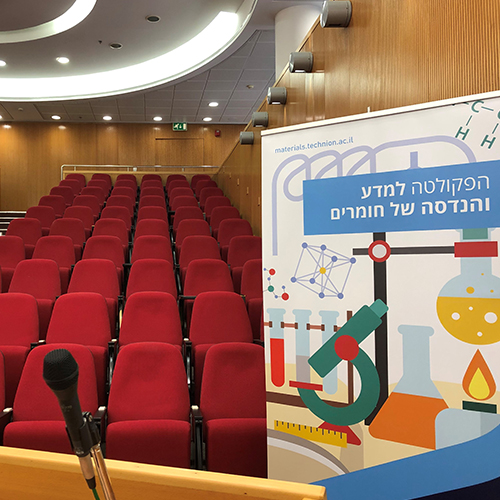
Dr. Arava Zohar
11.01.2024
אודיטוריום ע"ש דויד וואנג, בניין מידן, קומה 3
14:30
Innovative battery electrode materials are essential for unlocking the full potential of Li-ion batteries in various aspects of modern life. A primary focus is identifying novel materials with greater elemental diversity that offer improved stability, rapid charge capabilities, and high performance. Promising candidates, like early transition metals Nb and Mo, abundant on Earth, present opportunities for next-generation anode materials at their oxide compositions.
Exploring fundamental design principles for improved de/lithiation mechanisms will influence battery functionality and advance energy storage capabilities. The first part will delve into the impact of the insulator-metal transition during lithiation, focusing on two distinctive Wadsley-Roth (WR) structures. Our findings underscore the critical role of disorder within these structures in determining kinetics and retained capacities for these anodes. The second part proposes a novel strategy leveraging the induction effect to reduce the operation voltage of Mo-oxide-based anodes. This reduction opens the door for Mo-based oxide anodes as an alternative to graphene. Understanding these key aspects can guide the search for alternatives to existing anodes for advancing the development of Li-ion batteries with enhanced performance in the energy storage field.


